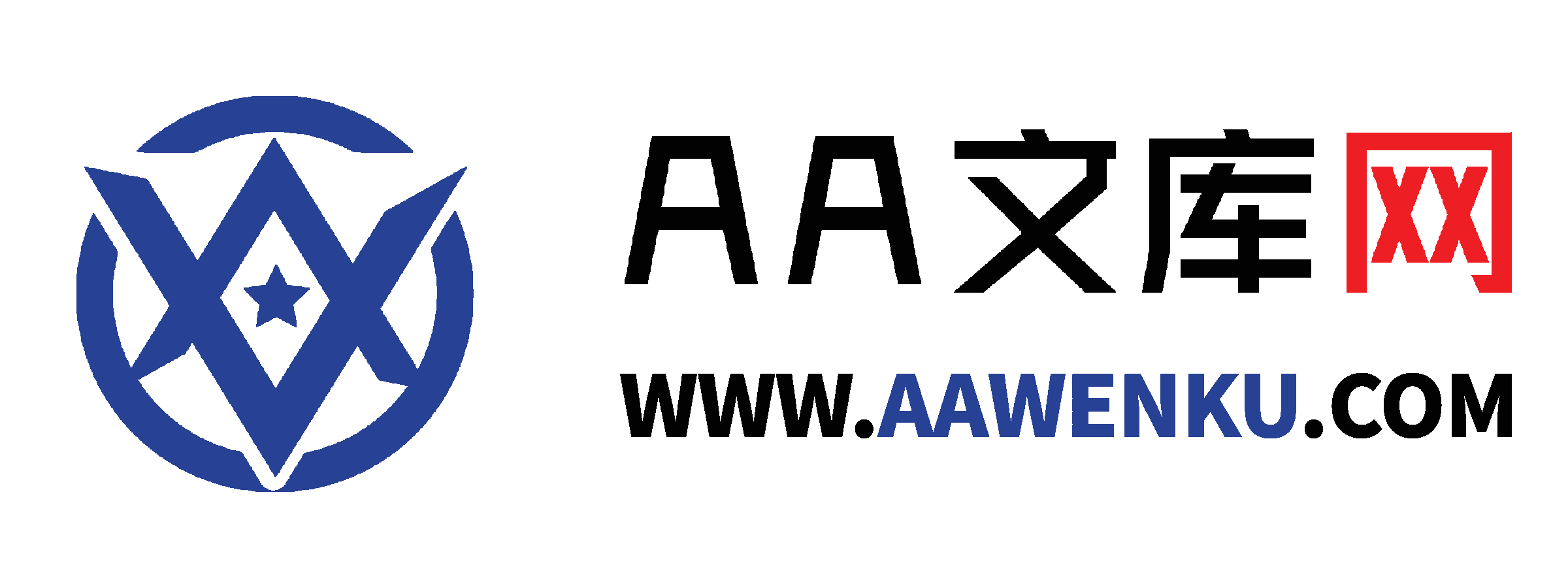第一部分 中国节日
一
.春节
Spring Festival
⑴
It falls on the first day of the first lunar month
(阴历正月)
.
⑵
People follow many national and local customs.
⑶
We paste spring poems (
贴春联
)with luck words on the door.
⑷
We eat delicious food with symbolic values
(有象征意义的美味食品),
for example, chicken for good luck.
⑸
We exchange greetings with friends and relatives.
⑹
People may give children lucky money in red paper.
⑴
阴历的正月初一是春节。
⑵
人们延续很多传统习俗。
⑶
我们在门上贴春联。
⑷
我们吃有象征意义的美味食品,比如鸡肉。
⑸
我们相互拜年问候。
⑹
人们给小孩压岁钱。
二.元宵节
the Lantern Festival
⑴
It comes on the 15th of the first lunar month.
⑵
It marks the end of the Spring Festival.
⑶
On that day, people eat sweet dumplings for good luck.
⑷
Special activities include the display of lanterns
(灯笼)
and riddle solving
(猜灯谜)
.
⑴
元宵节在农历的正月十五。
⑵
它标志着春节的结束。
⑶
那一天,人们吃汤圆,以求吉祥如意。
⑷
有些特色的活动,比如观灯、猜灯谜。
三.清明节
Tomb-Sweeping Day
⑴
It is also called Tomb-Sweeping Day. It comes on April 4th or
5th .
⑵
In Chinese
Qingming
means “clear and bright”.
⑶
It is a day for the living to show love and respect to dead
frends
, relatives and ancestors.
⑷
People will sweep the tombs, light incense, put meats, vegetables, wine in front of the tomb .
⑸
Besides, people burn paper money for the dead to use in after life.
⑴
清明节也叫
“
扫墓节
”
,实在
4
月
4
日或
5
日。
⑵
在汉语中
“
清明
”
是
“clear and bright”
的意思。
⑶
那一天寄托了对死去的亲朋好友和祖先的感情和尊敬。
⑷
人们在墓前扫墓、点香烛、放上酒肉等。
⑸
除此之外,人们烧纸钱,供他们在死后使用。
四.端午节
Dragon Boat Festival
⑴
It is on the fifth of the fifth lunar month.
⑵
It honors the famous ancient poet,
Qu
Yuan.
⑶
People gather to watch the colorful “Dragon Boat Races”(
龙舟比赛
).
⑷
People eat rice dumplings on that day.
⑴
端午节在农历五月初五。
⑵
端午节是为了纪念古代诗人
——
屈原。
⑶
人们聚在一起看龙舟比赛。
⑷
人们在那一天吃粽子。
The Dra
高中资料:中国传统文化知识英文表达超全汇总(词、句、篇).docx



